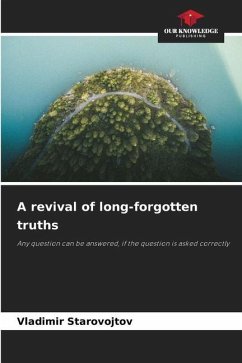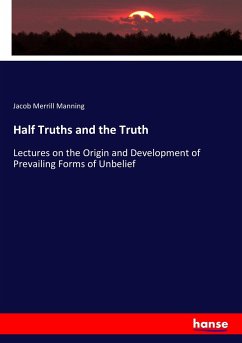Many complex things have simple, nevertheless correct explanations. The book uses new logical approaches to correctly present very many key topics of cognition in simple verbal forms, quite understandable to high school students. The most amazing thing is that a great deal of true knowledge about the study of the world was discovered even by ancient Greek philosophers. Some of their ideas were thousands of years ahead of the development of scientific progress, and even today they are not all correctly understood in science. The author has had to recreate and further develop ancient dialectical logic to properly explain the precious placers of ancient truths and their great importance for the development of modern knowledge. Dialectical logic has its origins in Parmenides. It forms the knowledge of how the universe is organized and how the system of human concepts is organized. How everything is organized. This is how the perfect intuition of man works. It is such a perfect, though coming from ancient origins, system of knowledge organization that opens to each person a clear path to his perfection. Their secret is that it does not accept falsity - because falsity creates doubts and thus prevents an instantaneous conclusion.
Bitte wählen Sie Ihr Anliegen aus.
Rechnungen
Retourenschein anfordern
Bestellstatus
Storno








